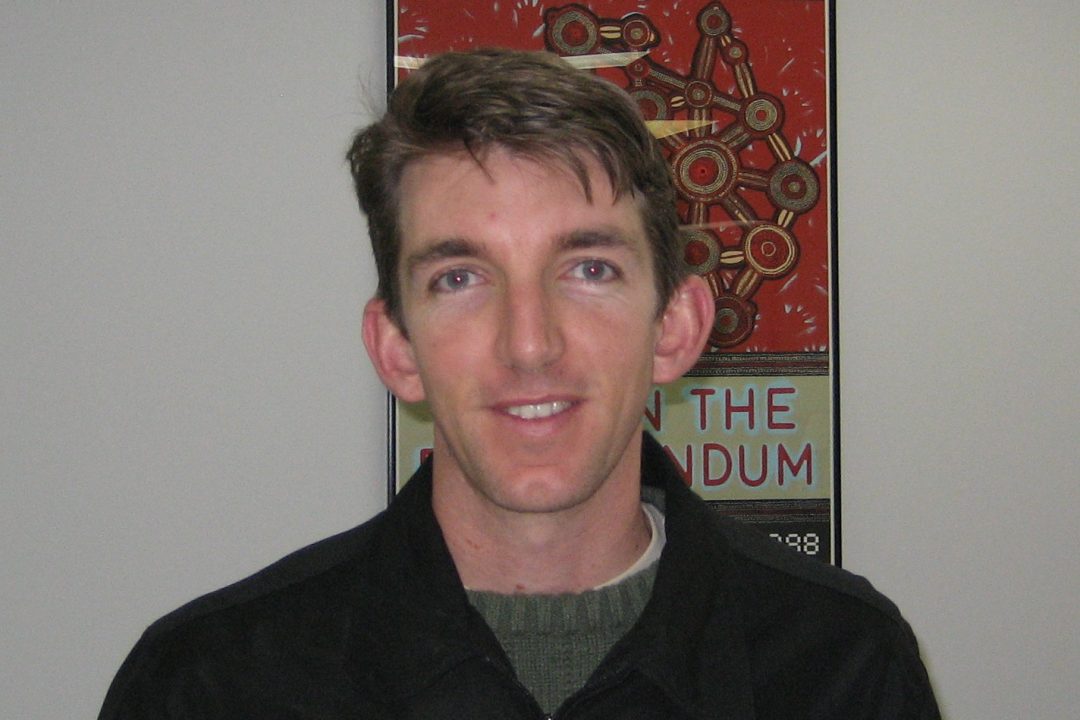
Early intervention can make a significant difference in a young person’s experience of the legal system, writes MHLSP Social Worker Jamie Alford (pictured).
Early intervention is a
common strategy in mental health, welfare and community programs. Programs such as Reconnect and Brighter
Futures are well recognised as effective early interventions with children,
young people and families.
These interventions help prevent
the escalation of issues relating to child protection and mental health, for
example. They also help reduce the harm experienced when people become
entrenched in homelessness, mental ill health, welfare and the child protection
system. As well, early intervention programs have significant cost savings for
a wide range of government and community programs and agencies.
The value of early
intervention in legal context is not as well recognised. My experience as the Mental
Health Legal Services Project Social Worker, working with clients of The
Shopfront Youth Legal Centre, is that unresolved legal issues can quickly
escalate, placing young people at risk of incarceration, breaches of bail,
escalating debt, license sanctions and further criminal charges.
Early interventions that
reduce young peoples’ negative contact with the legal system have great
benefits: they prevent young people from becoming entrenched in the criminal
justice system and they can promote recovery from mental illness.
One of the great challenges
for youth and community workers is to identify and address legal issues
affecting their clients at an early stage. Once these issues are identified, youth
and community workers can assist their clients to access the right legal
information and support, preventing the issues from escalating. This work often
occurs while a wide range of other issues are happening in a person’s life, and
these issues need to be addressed simultaneously. Supporting young people
through these processes is essential.
For young people with mental
illness, the legal system often seems complex, confusing and overwhelming. Many of the young people I work with
are stressed by their experience of trying to negotiate the legal system. This increases
their anxiety and can trigger panic attacks and contribute to paranoid beliefs
and feelings of persecution.
Young people who have already
lived through traumatic experiences can be re-traumatised when they are held in
a police cell or when they come face-to-face with an attacker at court, are
belittled by a police officer, cross examined by a prosecutor or assaulted and
victimised in a prison. Experiences such as these can make young people feel as
if they are labelled as criminals. This increases their sense of alienation and
dislocation from the community.
More than anything, young
people living with trauma and mental illness need to feel safe in order to
recover, but there are some aspects of the legal system that often make them feel
unsafe. The support and advocacy of youth and community workers and specialised
legal services such as The Shopfront Youth Legal Centre ensures that these
young people are aware of what is going on and are supported through the
process. In doing so, workers and service agencies reduce the harm of
re-traumatisation and promote mental health recovery.